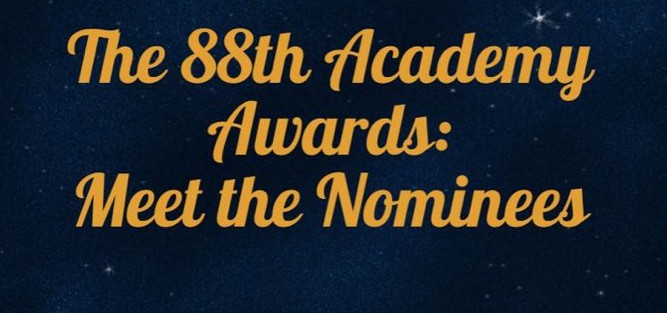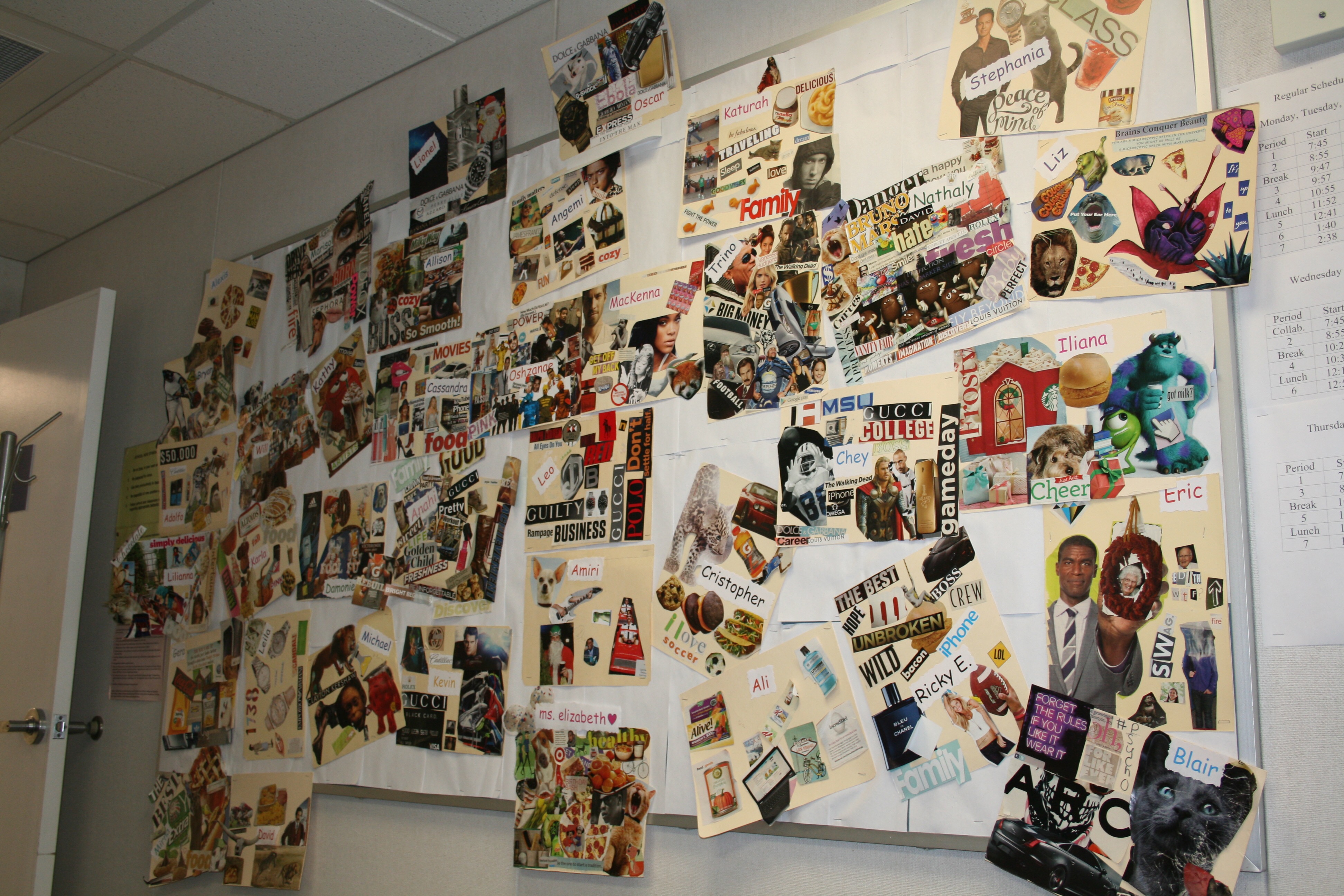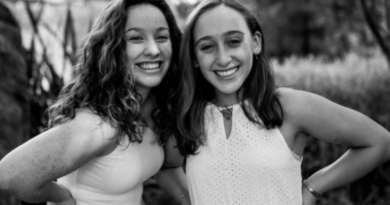Autistic teen: more to him than meets the eye
The new teacher at Newstar Chinese School desperately tries to hold on to the attention of the hyper 8-year-olds in N-15A. A bell faintly tinkles from outside, the signal to freedom that the children have been waiting for. They scream and chase each other out of the dim classroom, eager to meet the bright sunshine of a Sunday afternoon.
Only a handful stays behind, among these are the teacher and the teacher assistants. One stands out among the few – Sebastian Xu, an autistic teenager who sits at his desk still leaning over his work.
Xu, although 17, is repeating his junior year at DHS. His mother, Ning Wan, said, “A repeat junior year will give him more time to find out what he could do in the future.” He is not ready for college because he is challenged in his life, she explains. He has high-functioning autism, now called ASD, or autism spectrum disorder.
“He’s a cool guy,” Emma Wu said, whose family is friends with the Xus. “You can have a conversation with him even though he has autism.”
Other students at DHS feel the same way. “Sebastian is a great guy, really friendly and he likes hi-fives,” sophomore Jacqueline Liu said.
“I’m sure others see Sebastian as awkward and don’t think twice about approaching him, but actually Sebastian is very comfortable being himself,” said Ryan Carr, a DHS inclusion specialist who works with Xu. “Not many high students can say that.”
“When children with typical development are not exposed routinely to people with a diverse range of abilities and needs, they have no opportunity to learn that people with disabilities are whole people with many ways of contributing to society,” said Sally Rogers, Professor of Psychiatry and Behavioral Sciences at the M.I.N.D. Institute at UC Davis.
Xu turns to Ying Fang next to him, the previous teacher who is taking a break from teaching, and says “China.”
“Yes, that’s where I’m going,” Fang said.
“Beautiful.”
“Yes, it’s very beautiful there,” she said.
Xu would know this; he has traveled to many countries around the world, from Switzerland to Puerto Rico.
Besides traveling and learning Chinese, Xu has won many gold medals in the NorCal Special Olympics for swimming, and loves playing videogames – his favorite game is Sonic Riders.
“He’s a good cook,” Wu adds. “He cooks at home when his parents aren’t home, and he cleans up really well so his parents don’t notice until food is missing.”
He is talented at playing piano – he recently joined the Newstar Youth Orchestra. His favorite class is CISCO Networking, and he created a web page for Newstar Chinese School. “I have all the confidence he will be able to parlay this into a well paying career,” Carr said.
Rogers encourages kids with ASD to engage in these types of social and recreational activities like other children. “[I hope] most children with autism will…[receive] whatever extra support they need to proceed through education and social activities as other students do…and that their adult lives contain rich social relationships, satisfying work, enjoyable recreation, and comfortable home and family life,” Rogers said. “It is what I hope for every child.”
Wan is very proud of his accomplishments and supportive of his activities, and so are his other family members. His sister Melissa, now at CalTech, is his best friend, Wan said. “Sebastian likes to watch her doing things and learn from her…[like] how to ski downhill.” Wan hopes he will be able to pass the CAHSEE English test and go to college.
“He is a nice, smart and hardworking boy,” she said. “He helps me become a better person.”



